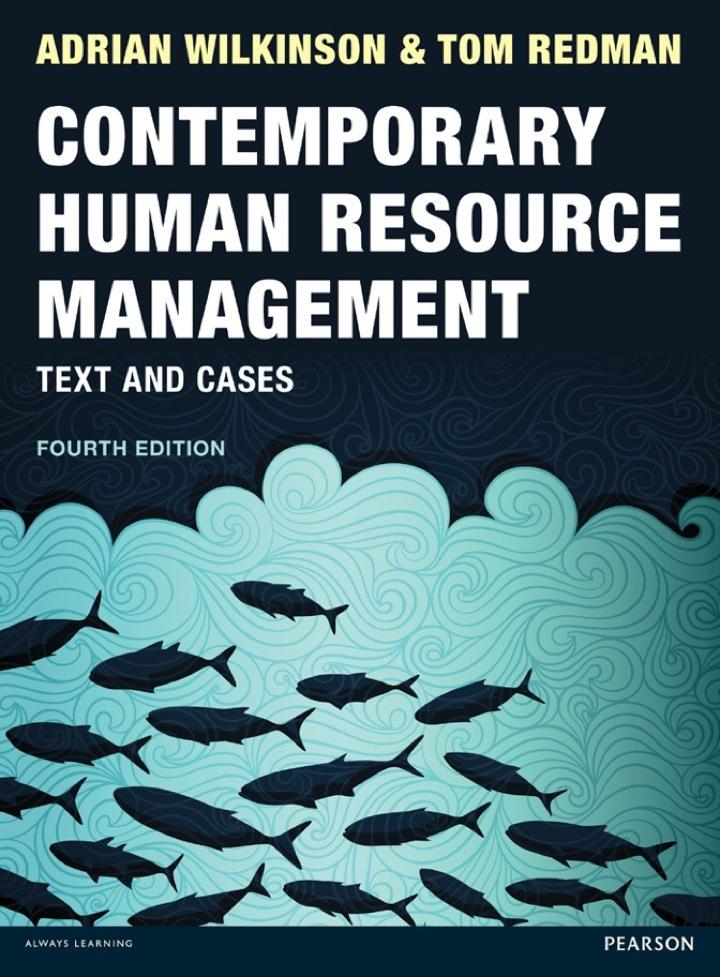1 What do people talk about when they talk about careers? 2 On the basis of your...
Question:
1 What do people talk about when they talk about careers?
2 On the basis of your answers above, construct a definition of career. Why do you think this is an appropriate definition at the present time? How does it compare to other definitions introduced in the chapter?
3 Make a ‘time-line’ of your career to date. Choose an appropriate shape, and include significant events, decisions, people and transitions. Should aspects of personal life be included? What about voluntary or community activities, education, training? Who have been the key stakeholders in your career development?
4 Consider this timeline in terms of the theoretical approaches introduced in this chapter.
l Do you see your career as objective or subjective? Who ‘owns’ your career?
l To what extent do sociological/psychological approaches shed light on your career experiences?
l Explore the relevance of field theory. What are the merits/weaknesses of this approach in relation to your own experience of career?
l To what extent can your career be described as boundaryless?
5 Describe any career interventions you have experienced (in terms of your own career, or in terms of managing the careers of others). Critically examine the apparent strengths/weaknesses of this intervention, for the individual and the organization.
6 Based on your experience and observations, to what extent and in what ways do you think careers are changing? What are the implications of these changes for individuals and organizations?
7 Using the concepts of ego and alter, explore the boundaries you have encountered in your career.
Step by Step Answer:

Contemporary Human Resource Management Text And Cases
ISBN: 9780273757825
4th Edition
Authors: Tom Redman, Adrian Wilkinson





